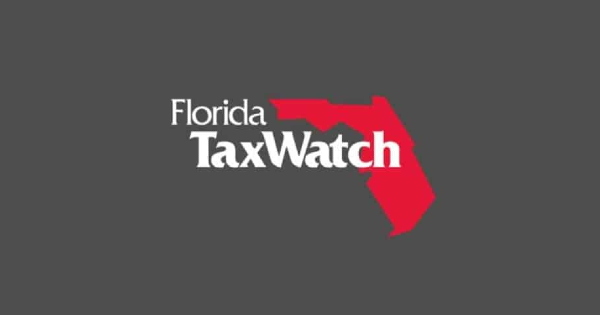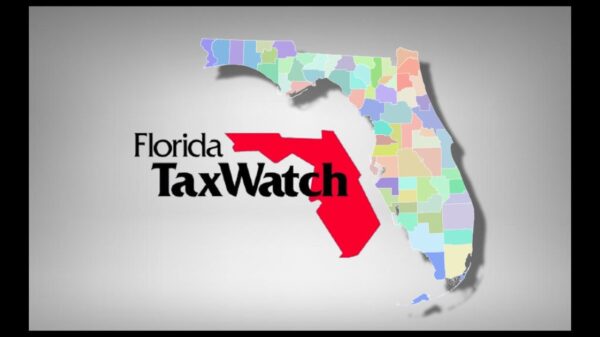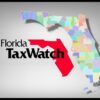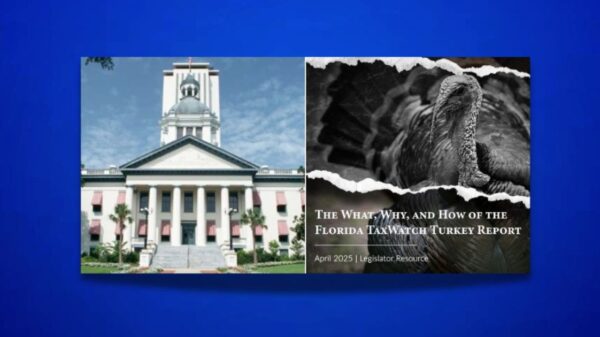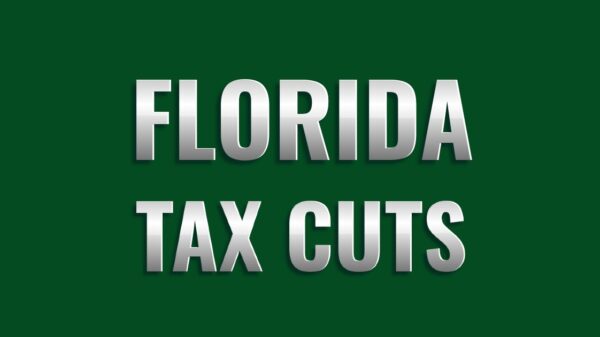On Wednesday, Florida TaxWatch (FTW) released a Session Spotlight report entitled “The Impacts of Lawsuits Against Local Governments for Business Damages.”
In the report, FTW analyzed four pieces of legislation, SB 620, CS/HB 569, CS/SB 280, and HB 403, which will impact the process of passing local ordinances and provide additional rights to businesses and residents wishing to challenge those ordinances. The government watchdog also presents considerations for the unintended consequences and secondary fiscal effects of the bills.
Florida TaxWatch President and CEO Dominic Calabro weighed in on the report.
“Florida is a state built for business success, with low taxes and leaders that focus on balancing economic growth with quality of life and community vibrancy. There are times, though, when local actions knock that balance out of whack. We understand the frustration that business and state leaders are trying to address – local ordinances that target businesses and prevent employers from thriving – but we want to caution against potential unintended consequences,” Calabro said.
“Strategies that provide more information before a vote – like the business impact statements being proposed – are smart moves and help protect taxpayers and businesses. However, our research shows that legislation that encourages legal challenges in an already extremely litigious state like Florida could lead to a number of financially motivated and malicious lawsuits, costing local governments over $900 million annually. As the ‘eyes and ears’ of taxpayers, Florida TaxWatch urges lawmakers to be mindful of this potential and consider that local governments will be forced to respond by increasing taxes to cover legal fees or reducing the level of services provided to taxpayers. And either way, taxpayers lose,” he added.
Concerns listed by FTW in the report include that Florida is currently ranked 46th out of all 50 states in terms of judicial climate, and provisions in these bills will make local governments even more vulnerable to lawsuits filed with the intent of securing a cash settlement. Additionally, there is no expressed scenario where a local government can recover its costs or be awarded reasonable attorney fees.
FTW also cautioned that the legislation does not make it clear that any alleged business damage or loss must be directly caused by or the direct result of the ordinance in question, nor is the calculation of damages limited to those damages that are directly caused by the ordinance. Moreover, SB 620 and HB 569 in particular could inadvertently apply to ordinances that seem unrelated, such as incentive programs for small businesses or public health measures.
Secondary fiscal effects of the bills, as identified by FTW in the report, could include increased costs of insurance and increased costs of borrowing for local governments, as well as lower bond ratings.

